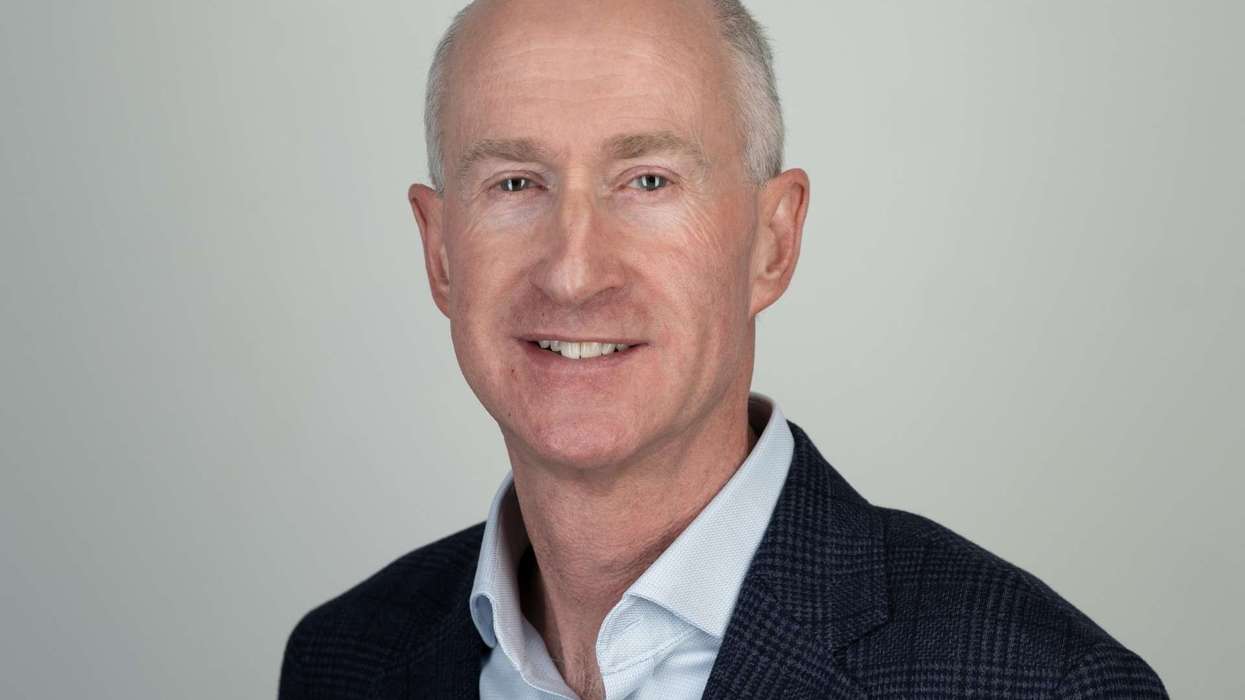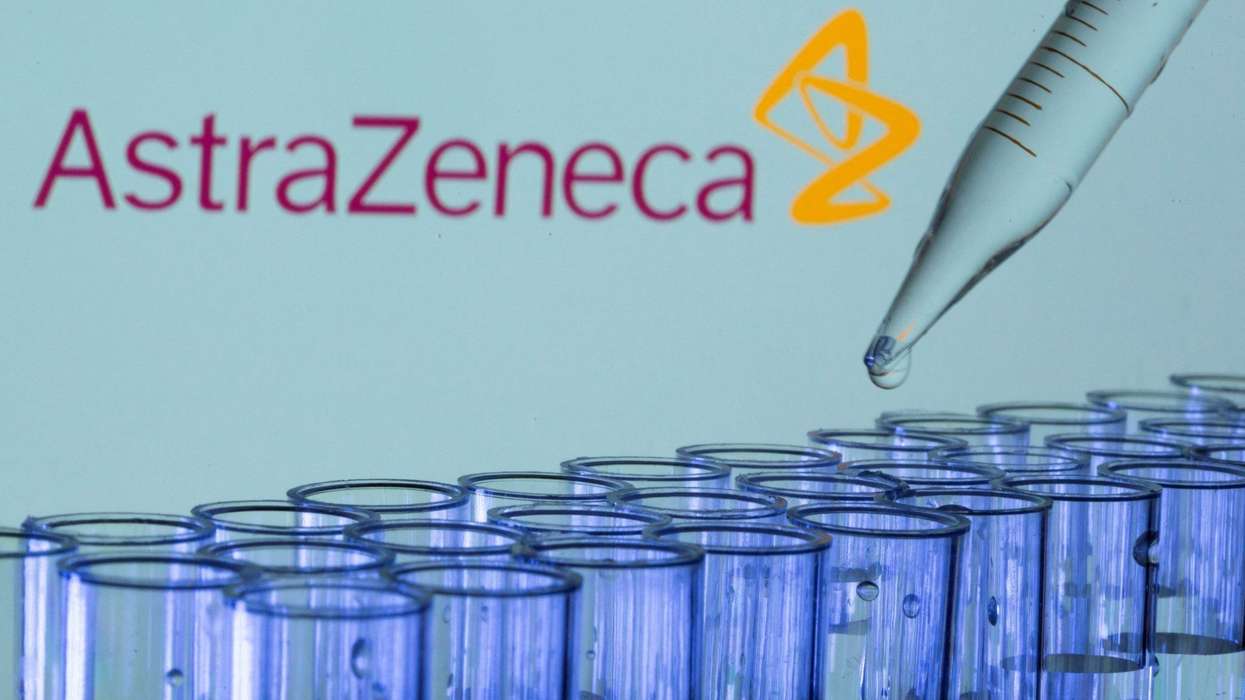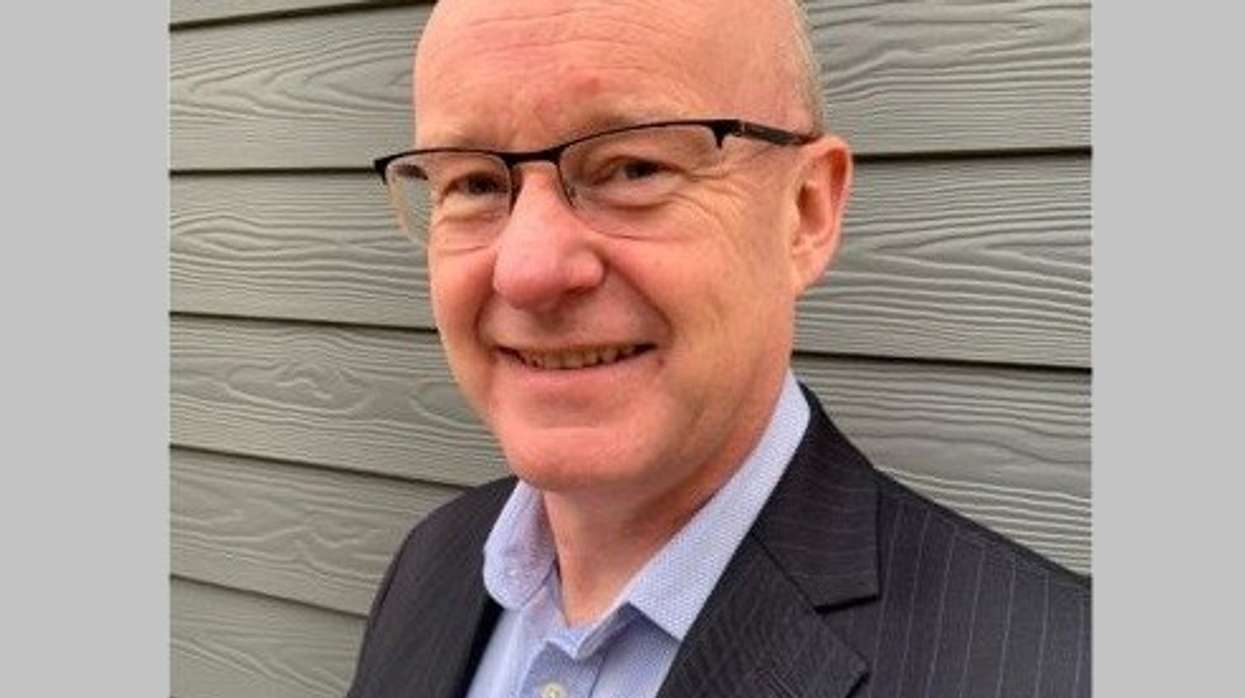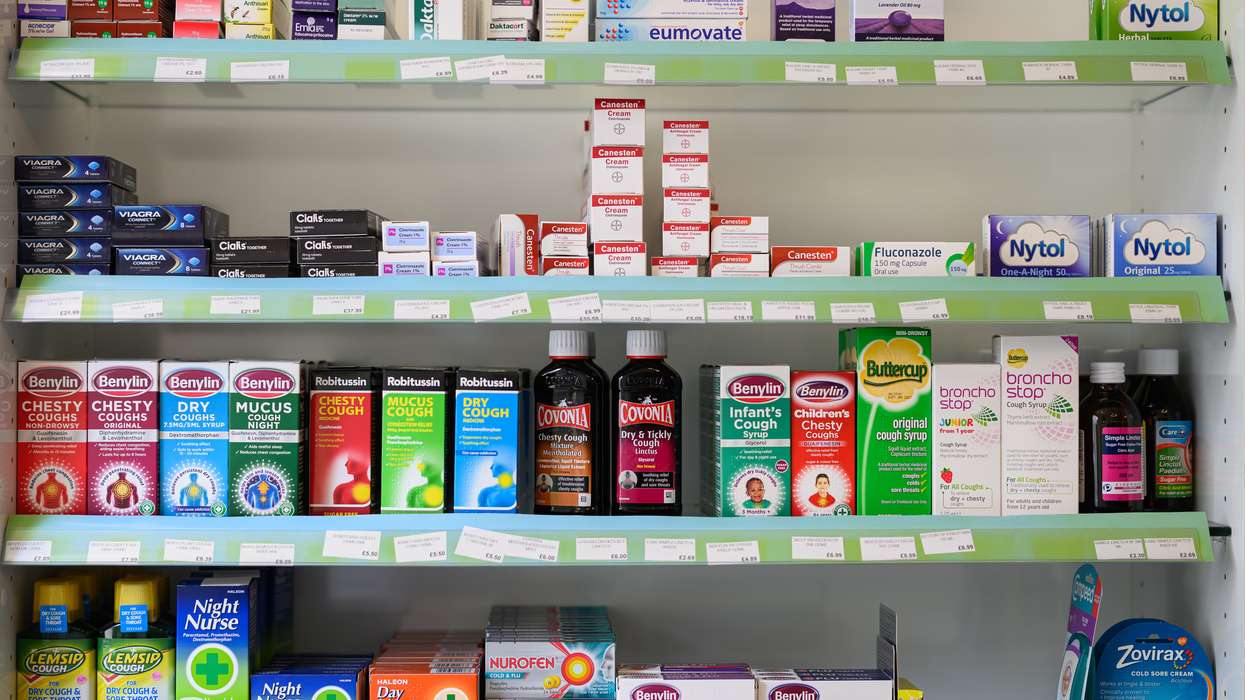The Pharmaceutical Services Negotiating Committee (PSNC) has launched Pharmacy Pressures Survey 2023 to make case against the ‘unprecedented financial and operational challenges’ faced by the community pharmacies in England.
The Committee has urged those working in or owns a community pharmacy to ‘take part’ in the survey.
“The survey results will be critical to help us to show Government and the NHS how difficult things now are for pharmacies, and to persuade them to take action. We will be using the results in our negotiations, in our conversations with MPs, Ministers and in national media work as part of the joint #saveourpharmacies campaign,” said PSNC.
The Pharmacy Pressures Survey is once again comprised of two surveys to give insight into both financial and operational pressures.
Together with the other national pharmacy organisations PSNC are working both to show policy makers the severity of the problems and to lobby for Government and NHS action to ease the pressures.
The surveys will be open for completion until COP Monday 20th February.
There are two separate surveys for:
- Pharmacy business owners/head office representatives
This survey covers the pressures being experienced by businesses, looking at the overall running of the pharmacy business including financial and staffing pressures. Please note that only one representative from each pharmacy business should complete this survey – please check this is the case before doing so.
- Pharmacy teams
This survey covers the day-to-day pressures experienced by pharmacy teams including supply chain issues, patient interactions/experience and staff morale.
“Independent contractors or pharmacy owners who also work day-to-day in a pharmacy are very welcome to complete both surveys if they would like to, or they could complete the owners survey and encourage team members to complete the team survey.
PSNC Chief Executive Janet Morrison said: “Last year our Pressures Survey received a huge number of responses for which we were so grateful. The results have been invaluable: we still use them regularly to highlight the problems facing community pharmacies, including using them as part of our negotiations, sharing them with Ministers and MPs, and citing them in Parliamentary briefings and national media work.
In recent months we have invested significantly in our influencing work to get the message across to Government and NHS England that the community pharmacy network is facing a fearsome range of pressures and challenges. The sector is on its knees and the consequences of the current funding situation, and the damage of increasing business costs, means a serious risk of collapse.
To help us to keep making the case and to push for short and long-term funding increases, we are asking contractors and pharmacy teams to help us once again. A big response to these surveys will give us an accurate and persuasive snapshot of the scale of the problems the sector is facing which we can use in all our influencing work and negotiations.
Data always helps us to make our case, and the 2023 survey will provide us with further evidence to support our arguments – both in our ongoing discussions, and through public and Parliamentary forums. This year we have also partnered with the other national pharmacy organisations on a #SaveOurPharmacies campaign and the results of the Pressures Survey will be a key focus for that, with media and Parliamentary coverage already being planned.
We very much hope that as many people in the sector as possible will be able to take part, and I’d like to thank everyone in advance who will take the time to fill in these surveys: we really value your input.”











